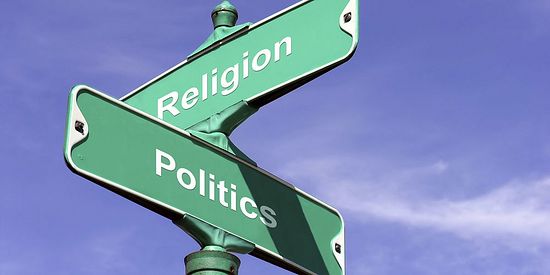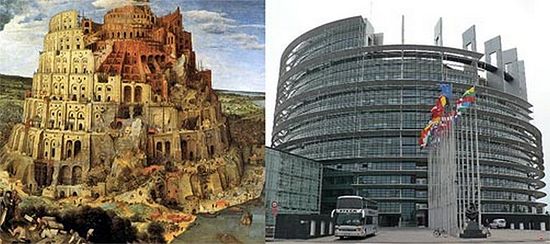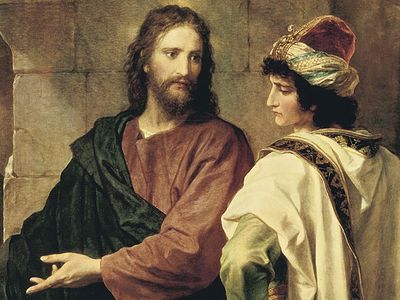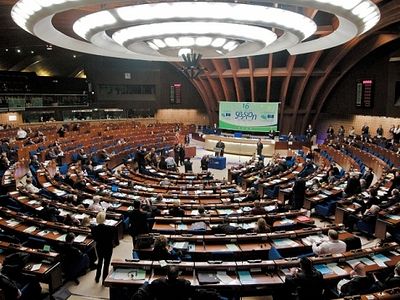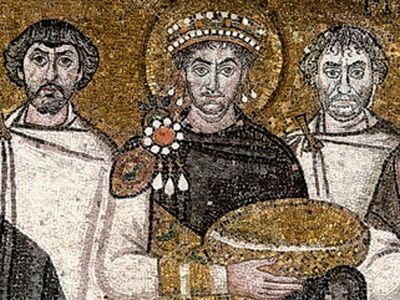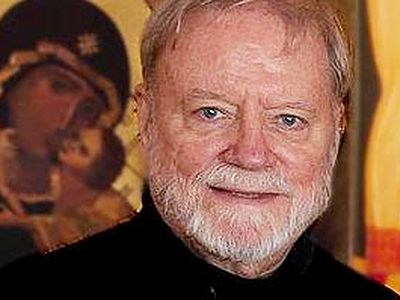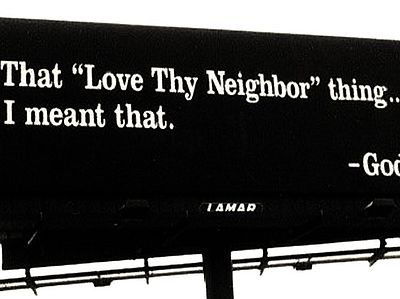The modern project holds that the world can be improved and made better. It also holds that human beings can be improved and made better. And finally, it holds that the means of that improvement and betterment are political. Modernity began only partly as a philosophical assertion. It found its voice first, and foremost, in the political experiments of the 18th century. During the 19th and 20th centuries, the rapid growth of science, technology and consumer capitalism were celebrated as the fruit of modern political efforts, with very few voices raised in protest. Today, the political assumptions of the modern project remain the most widely accepted beliefs of our time, even in the face of their increasing inability to achieve agreement and work towards a common effort. Modernity fits most of the requirements of a religion and is probably best understood in that manner. As religions go, it has been successful in gaining adherents. It has also failed to achieve its promises, offering, instead, an unending religious argument that is today called “politics.”
The world that confronted the birth of the modern project was largely governed by monarchies, with varying schemes of shared power. Religion held a major role in the forming and shaping of culture, even after the initial splintering of religious unity in the Reformation. Economies were highly protectionist with many of the aspects of the Medieval guild system that protected traditional groups and the means of production. The battle-cry of modernity was “Reason.” Traditions of every form were challenged as unreasonable and rooted in superstitions and false assumptions. There was an assurance that reason could be applied to every area of life and yield improved, happier results. The American revolution was perhaps the first major application of these principles (though the French Revolution would take them to their extreme).
Various democratic schemes (Democracies, Republics, etc.) were put forward with careful thought. All of them sought to balance the various interests of society and produce a model that would guarantee the greatest success. No one can deny where that model has succeeded. However, it has also created a narrative of “how things work” that is inadequate for reality. It is the boundaries of that inadequacy that most reveal themselves in the intractable problems of our culture.
Human interactions in the modern setting have been framed within the understanding of “rights.” The language of rights assumes that human beings exist as a set of self-interested agents with free-will. It also assumes that one person’s rights begin where those of another ends. The world of competition and balance has also given rise to the language of oppression and liberation. Though it is possible to enlarge or alter that world by expanding individual demands to variously defined groups (common interest, common identity), nevertheless, in every case the result is the same assumption that we exist as a set of self-interested free-wills. The politics of identity remains the politics of individualism, with nothing more than various make-shift versions of an individual. Collective nouns (men, women, minorities, etc.) serve as stand-in’s for individuals. Something is lost.
The greatest loss, and the most insurmountable obstacle in the politics of modernity is established by the reality that we do not, in fact, exist as individuals. Human life is not just community (a collection of individuals), it is a communion. No one life exists alone. The needs of the one do not exist apart from the needs of the other. Our lives co-inhere.
At its root, the failure of modernity is its account of what it means to be human. It pointedly and persistently ignores the given wisdom of inherited human experience and continues to insist that its model is not only right, but that any amount of technological and artificial interference can be justified in making its solutions work. The result is an increasing alienation of individuals as well as the creation of an abstracted, artificial biology that begins to rival the imagination of Mary Shelley.
Against this backdrop of ideological artifice stands the sanity of a growing awareness of nature itself. We see, rather clearly, that unbridled technology and exploitation of the environment yields disastrous results. Questions about non-intervention of genetically modified seed-lines are not only reasonable, they press an important point. Are we engineering our way into a world of unhealthy, even poisonous foods? We conquer disease only to invent un-treatable bacteria. We rightly wonder at our alienation from nature and the natural demands of the human body.
But these very questions are being asked by people who themselves embrace a relatively unimpeded use of technological interventions within human beings (including the genome). The contradiction seems to be ignored. If the contradiction were noticed then the question of what is natural for human beings, perhaps even, what is the traditioned, given, human existence would have to be examined for once.
Such questions, however, are obscured by the noise of the continued fray of political voices that compete for attention in the battle of will versus will. It is the sound of our times. It is the continuing echo of the modern project that will only persist in trying to solve that which needs no solving other than true discovery and admission.
Life as communion is our natural existence. There are imbalances and frustrations, errors to be corrected and injustices to be corrected. But, in the end, the common human life, the life lived as a common life, is the only life that is life-giving. That truth and the path of that truth are found through the patient endurance of our common existence and the willingness to live within the bounds of our true existence.
No traditional society is perfect. Our abuse of one another is quite ancient. But the instinct of the modern project that we should throw off the bonds of tradition and re-imagine the world only makes us prisoners to other very ancient foes. There are very few things that admit of a political solution. The march of liberation and continuing declaration of rights sets the stage for every succeeding debate and power struggle. None of them sets the stage for greater communion, nor the change of the human heart that is only found in communion.
Because communion is not a political project, it is not a competitor within the political world. It is not an argument for solving problems (it is the solution); it is not the dream of a better world (it is the willingness to live in the present one). It is family, children, sickness, weakness, kindness, sharing, prayer. It is transformative but not as political solution. The Christian Church is precisely such a life in communion.
The modern project has changed the nature of the human conversation. Because it locates the solution for all things (its “better world”) within the political realm, it judges all things within that setting. Only those things that can argue for a better political solution are given attention, everything else is deemed to be impractical or somehow belonging to something other than the “real world.” When Christians choose to agree with the assumptions of the modern project, they agree as well that the Church serves only an ancillary position, perhaps as adviser or moral coach. Too often, however, simply agreeing to be part of the modern conversation is already an abandonment of faith.
Christ has not made the Kingdom of God hostage to the politics of any culture. The life that He has given us is already present and immediately available. It requires that it be lived. Just lived.
